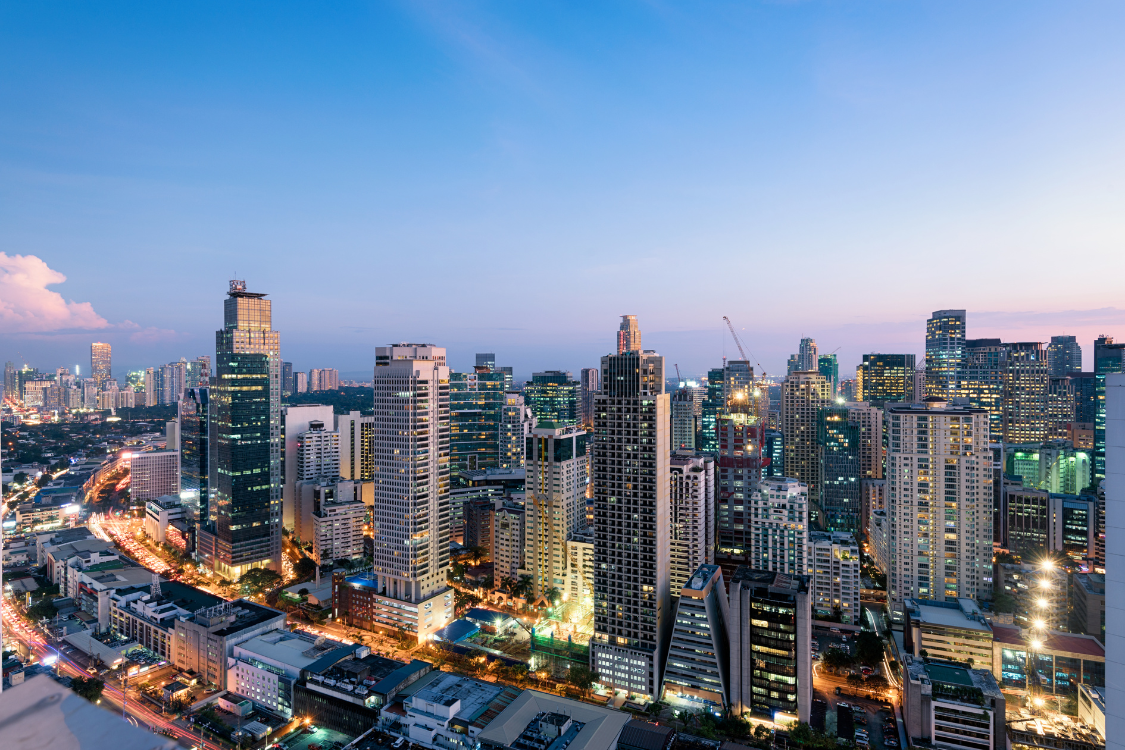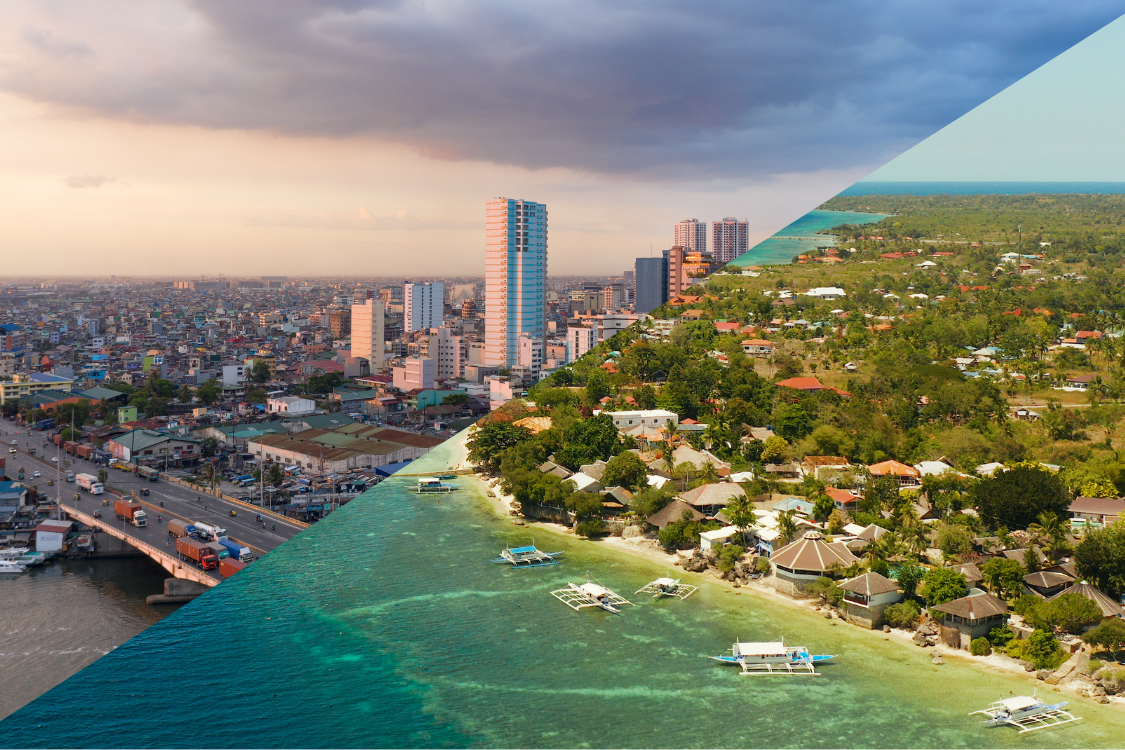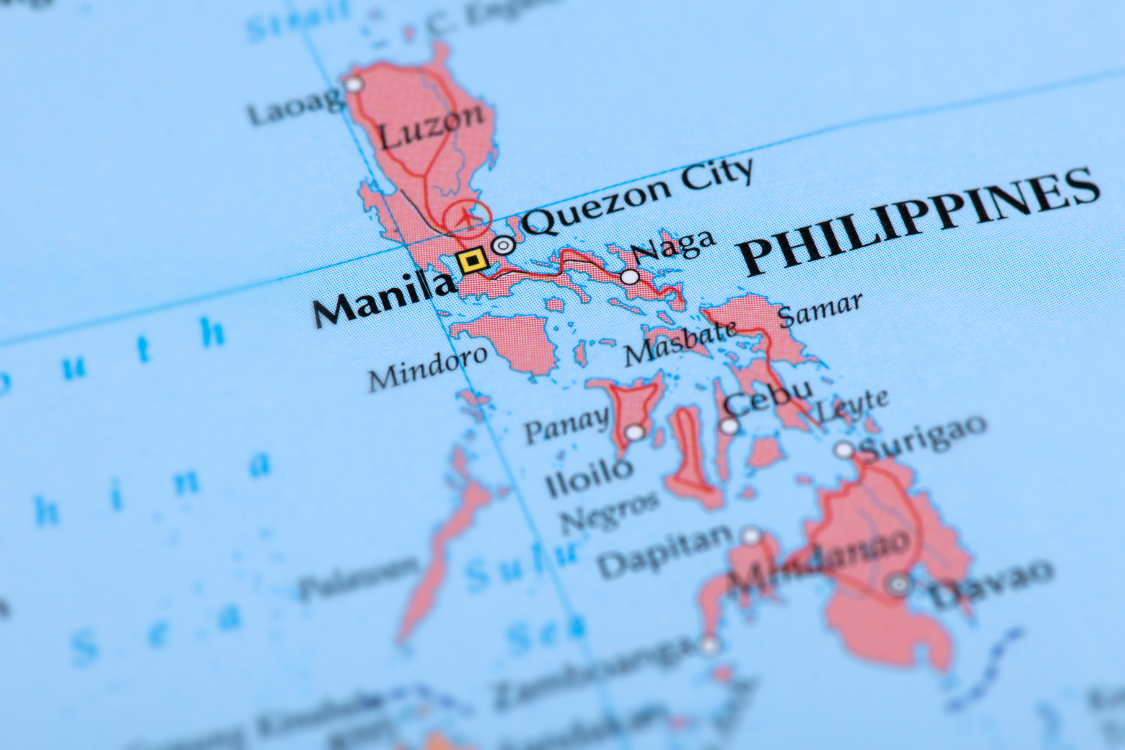Hiring in the Philippines without understanding the local context can lead to mismatched expectations and costly turnover. Manila vs Cebu hiring differences are fundamental, and they can affect everything from communication style and internet reliability to work habits and job opportunities.
While Metro Manila and Cebu City are major cities filled with talent, their candidates may bring different experiences shaped by lifestyle, industries, and access to urban conveniences. Overlooking these regional factors can cause you to misread a strong applicant or miss red flags.
This article breaks down how regional differences across the Philippines affect interviews so you can make better hiring decisions.
Why Regional Context Matters in Filipino Hiring
Hiring across the Philippines means working with professionals from different places—each with its own culture, lifestyle, and infrastructure. These differences affect how candidates appear in interviews, respond to questions, and perform on the job.
Infrastructure, Language, and Lifestyle All Vary
Metro Manila has broad internet availability and extensive public transport coverage, though traffic congestion remains a daily challenge. In contrast, Cebu—especially Metro Cebu and nearby Mactan Island—draws many businesses because of its lower costs, easier commuting, and access to natural attractions like beaches and green spaces.
These lifestyle differences influence where young professionals choose to live and work. Across both regions, English is widely spoken, but accents, local expressions, and confidence in communication can vary, shaping how candidates present themselves in interviews.
Understanding Local Norms Helps You Ask Better Questions
Cultural norms also shape communication styles. Filipino professionals generally value harmony and respect for authority, which can make candidates hesitant to disagree or speak openly about negative experiences.
This is especially common in places like Cebu City or Davao, where politeness and formality are emphasized. Using open-ended or scenario-based questions can help draw out more honest responses and give you clearer insights across regions.

Key Differences Between Manila and Cebu Candidates
Metro Manila and Cebu reflect two very different development paths in the Philippines. Each region attracts a unique mix of businesses, job opportunities, and lifestyles, which shape how professionals work, communicate, and grow in their careers.
Internet Reliability and Power Stability
Metro Manila offers more reliable infrastructure in its key business areas, particularly in central business districts like Makati and BGC (Bonifacio Global City). These locations support many businesses, including call centers, retail outlets, and real estate developers involved in township and large-scale condominium projects.
Cebu also has solid internet and power services in commercial zones, but consistency drops in residential areas or farther locations. These infrastructure differences can directly impact a candidate’s ability to perform remote jobs or attend video interviews without interruption.
English Fluency and Communication Style
Candidates from Metro Manila are often more exposed to Western-style communication due to media, education, and business process outsourcing (BPO) training. This background gives them a more casual, confident tone, especially during live interviews.
Manila also ranks slightly higher than Cebu City in English proficiency, with an EF EPI score of 592 compared to Cebu’s 581. This difference reflects a stronger alignment with Western business communication in the capital region.
In Cebu, English fluency remains high, especially in roles tied to tourism, tech, and international businesses. However, communication tends to be slightly more formal and may include occasional Visayan expressions.
Despite minor style differences, Cebu professionals show consistent interest in roles that offer growth and long-term career advancement, making them strong candidates for global-facing teams.
Industry Background and Work Experience
Manila is home to the country’s largest companies and most competitive industries. Many professionals there come from structured corporate environments such as multinational firms, BPOs, and major marketing teams. These settings drive demand for jobs in areas with easy access to transportation, restaurants, and recreational activities.
Cebu, in contrast, is experiencing rapid economic development, especially in tech, engineering, and startup sectors. Young professionals in Cebu often work on project-based assignments and value a better quality of life, including natural attractions, shorter commutes, and better work-life balance.
With growing interest in the region’s tourism sector and increased real estate activity through the township and housing projects targeting potential buyers, Cebu continues to attract skilled talent, expand businesses, and sustain interest in high-growth opportunities.

What About Other Regions Like Davao or Iloilo?
Outside Manila and Cebu, other cities in the Philippines offer unique hiring advantages. These regions may have lower living costs, stronger loyalty, or rising talent in niche industries.
Davao
Davao is gradually growing its presence in digital services and remote work opportunities. Professionals in the city often communicate with a mix of polite and direct tones, reflecting both cultural respect and workplace clarity. As the city develops, internet access and business opportunities continue to expand, particularly in real estate, tourism, and tech-related services.
Iloilo and Bacolod
Candidates from Iloilo and Bacolod are recognized for their hospitality, loyalty, and formal communication style. Both cities are seeing steady growth in the healthcare, tourism, and food industries, creating more jobs across sectors that value soft skills and long-term commitment. Many professionals in these areas prefer stable work environments and tend to stay longer with companies that provide clear leadership and career direction.
Provincial Areas
In smaller towns and provinces, infrastructure challenges remain, but these locations offer a lower cost of living and greater access to natural beauty. Rent prices are often more affordable, attracting candidates who value a better quality of life and more balanced daily routines.
While internet and transportation services may vary depending on location, interest in local job development continues to grow as more employers explore remote work models. With the right tech support in place, self-taught and highly motivated candidates from these regions can contribute meaningfully, particularly in administrative or customer service roles that reward consistency and independence.

Interview Tips Based on Region
Adjusting your approach based on the candidate’s location helps you ask more thoughtful questions and build trust. It also helps avoid assumptions about fit or skill.
For Manila-Based Candidates
Manila professionals often come from structured work environments, especially in BPO, retail, or large-scale companies. To better assess their fit, focus on the following areas during the interview:
- Ask about their experience using communication and productivity tools like Zoom, Slack, and Google Workspace.
- Explore how they manage multiple tasks or shift priorities under pressure.
- Discuss how they receive and act on feedback in a team setting.
- Learn about their role in structured systems, such as call centers or corporate teams.
- Evaluate how they balance high work demands with accuracy and quality.
For Cebu Candidates
Cebu candidates often bring strong technical skills and are used to flexible, project-based environments. During interviews, explore their ability to work independently and manage asynchronous tasks:
- Ask about past projects where they worked without direct supervision.
- Discuss how they organize and document their work for remote teams.
- Explore their experience with meeting tight deadlines and shifting priorities.
- Learn what tools they use for async communication and task management.
- Evaluate their ability to troubleshoot problems and create systems from scratch.
For Candidates from Provincial Regions
Provincial candidates may face infrastructure limits but often bring strong motivation, resourcefulness, and a willingness to learn. Use the interview to understand how they manage challenges and stay productive:
- Ask about their current internet connection, speed, and backup options.
- Discuss how they handle work interruptions due to power outages or poor connectivity.
- Explore their experience with remote work, whether freelance or self-initiated.
- Learn how they stay organized and meet deadlines without direct oversight.
- Evaluate their ability to adapt, solve problems, and take initiative with limited resources.
Should You Prioritize a Region When Hiring?
Location plays a significant role in hiring success. Some positions require the structured experience found in major cities like Metro Manila, while others benefit from the flexibility, affordability, and loyalty of provincial talent. Choosing the right region can influence your access to a skilled workforce, career growth potential, and overall team performance.
It Depends on the Role and Infrastructure Needs
Manila is ideal for roles that require polished communication, fast-paced decision-making, and experience with global companies. Many candidates in Metro Manila have backgrounds in established BPO firms, marketing agencies, or large real estate developments involving condominium projects and township initiatives. These professionals are used to structured teams, frequent deadlines, and competitive environments. Many young professionals in the area are also drawn to career growth opportunities, urban lifestyle perks, and nightlife accessible through major transportation hubs.
Conversely, Cebu has become a strong hub for developers, engineers, and digital creatives. Cebu businesses attract professionals who prioritize better work-life balance, especially in areas like Lapu-Lapu City, where country life blends with modern city conveniences. With easy access to nature, affordable houses, quality local food, and a growing selection of restaurants, Cebu offers a strong mix of safety, lifestyle appeal, and professional development.
In provincial regions, employers can tap into a loyal and resourceful workforce at a lower cost. While infrastructure can vary, many candidates are self-taught, motivated, and open to remote work arrangements. These areas are experiencing increased interest from industries like tourism and real estate development, with some expansion in health-related services as well. For roles that depend on consistency, independence, and long-term retention, hiring from provincial areas can be a strategic and cost-effective move.

What to Look for Regardless of Region
No matter where candidates are located, strong hires tend to share key traits. Instead of focusing only on geography, prioritize foundational qualities that support growth, adaptability, and long-term reliability.
Remote Work Readiness
Ask about their internet connection, power backup, and the tools they use to stay productive. Top candidates typically know how to manage distractions and maintain consistent output, even during night shifts, power outages, or changing schedules.
Cultural Adaptability
Strong team members can adjust their communication styles to fit different environments. Look for candidates who accept feedback well, ask thoughtful questions, and are comfortable working across time zones and global workflows. These qualities help them contribute effectively to companies and employers in any country or industry.
Role-Specific Experience and Willingness to Learn
Experience matters, but adaptability and learning ability often matter more. Ask candidates for real examples of how they picked up new skills, adapted to unfamiliar tasks, or collaborated with teams outside their comfort zone. These individuals are more likely to evolve with your business and stay valuable over time.
They also tend to succeed in fast-changing industries such as food, health, retail, tech, and tourism, including events and wellness programs supported by global organizations.
Hire Smarter with Regional Insight Across the Philippines
Hiring across the Philippines means understanding the differences between Manila, Cebu, and other key areas like Davao, Iloilo, and surrounding provinces. Each region brings unique strengths—Metro Manila offers experienced BPO professionals, Cebu City provides skilled tech talent, and provincial areas offer cost-effective, loyal hires.
When you factor in lifestyle, infrastructure, communication style, and industry experience, you gain clearer insight into how each candidate may perform. The most effective hires come from aligning your role with the right location, not making assumptions. Regional awareness leads to stronger teams and better long-term results.
Frequently Asked Questions
What are the hiring differences between Manila and Cebu?
Manila candidates often have BPO experience and polished English, while Cebu professionals bring strong tech skills and more project-based work backgrounds.
Is it better to hire from Metro Manila or provincial areas?
Metro Manila offers structured experience and fast communication, while provincial areas provide lower costs, loyal employees, and a strong work ethic with the proper support.
How do I assess infrastructure in different regions of the Philippines?
Check internet speed, power stability, and backup plans during interviews, especially in areas outside Metro Manila or Metro Cebu.
Do communication styles vary across Philippine cities?
Manila-based candidates tend to use Western phrases, while those in Cebu or Davao may use more formal or polite tones influenced by local culture.
Which region is best for tech or developer roles in the Philippines?
Cebu is a top tech and developer talent choice due to its growing startup scene, skilled workforce, and balanced work-life culture.
References
- EF Education First. (2023). EF English Proficiency Index: Philippines. https://www.ef.com/wwen/epi/regions/asia/philippines/
- Martinez, A. (n.d.). A paper about the influence of Philippines’ unique social culture in business. Asia Council for Small Business. https://doi.org/10.22146/arcelap.v1i1.9732
- Oblianda, A. S. (2024, November 27). DICT bolsters ICT centers, free WiFi efforts to address digital divide in Davao. Philippine Information Agency. https://pia.gov.ph/dict-bolsters-ict-centers-free-wifi-efforts-to-address-digital-divide-in-davao/
- Ordinario, C. U. (2023, July 6). Internet access in PHL still Manila-centric–PSA. BusinessMirror. https://businessmirror.com.ph/2023/07/06/internet-access-in-phl-still-manila-centric-psa/




